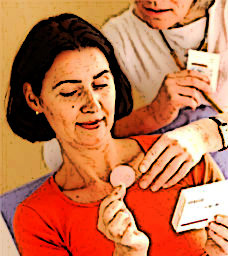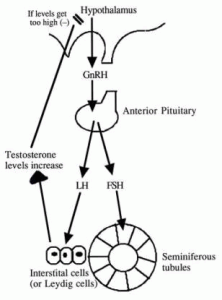Are Your Testosterone Levels Normal? It’s All About How You FEEL.
My second round of testosterone level tests results just came back. The first time I was low again, but this time I am "normal". I put that in parenthesis because I don't FEEL normal, and because I am just barely normal on a scale that goes hundreds of points and is meant for men much older than me.
[caption id="attachment_84" align="alignleft" width="300"]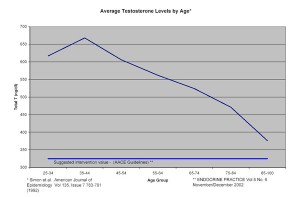 Click to see larger image.[/caption]
Click to see larger image.[/caption]
I am 33 and my Total testosterone is at 278. The scale runs from 250 to 1,100 and is meant for adult males of ALL ages. So I'm at the low end of "normal" for an 80-year-old man? To put this into perspective: The difference between 0 and 278 is less than the difference between 278 and 1,100. This doesn't make sense to me. I looked for normal ranges for men my age, and some other sites online suggest total testosterone levels around 668, which means I'm actually functioning with less than HALF of the normal range.
What I'm trying to say is that, despite having "normal" testosterone levels, I don't feel right. I'm depressed, lethargic, angry, stressed, anxious and weak. My back hurts every day and I can barely even bend over to tie my shoes. I have no sex drive whatsoever and I feel like the world is on my shoulders when, logically, I know it's not. I have nothing to be depressed about. I have a good job, a great wife, a big farm, lots of animals... life is good. But I feel like shit.
So the point is to trust how you feel. You and only you know your body and what feels "normal" to you. Don't let some test dictate your treatment. Be an active participant in your healthcare. Now, if my testosterone levels were in the 400s - 500s (still below the average in men of my age) and I felt this way, I would look at other options. Maybe I just need to be on anti-depressants or something. But I know my body and I know that's not it. I've never been a depressed person. I didn't feel this way until my testosterone started falling.
What am I going to do?
I'm going to continue trying to let my system restart since it appears that I am actually doing better than I was. I'm going to go get another blood test in a month and if I'm doing worse, or not doing better, I'm going to go back on TRT. If I'm doing better, like in the 300s, then I'll give it another month. As long as I'm making progress then I'll keep on keeping on without the TRT. And that is MY decision based on how I FEEL. The goal, after all, is to feel better.
| Vermeulen, A. (1996). Declining androgens with age: an overview. In Vermeulen, A. & Oddens, & B. J. (Eds.), Androgens and the Aging Male (pp. 3-14). New York: Parthenon Publishing. |
|---|
| Measurements Converted to (ng/dl) |
|---|
| Age | Number of Subjects |
Total Testosterone |
Standard Deviation |
Free Testosterone |
Standard Deviation |
SHBG (nmol/L) | Standard Deviation |
|---|---|---|---|---|---|---|---|
|
25-34
|
45
|
617
|
170
|
12.3
|
2.8
|
35.5
|
8.8
|
|
35-44
|
22
|
668
|
212
|
10.3
|
1.2
|
40.1
|
7.9
|
|
45-54
|
23
|
606
|
213
|
9.1
|
2.2
|
44.6
|
8.2
|
|
55-64
|
43
|
562
|
195
|
8.3
|
2.1
|
45.5
|
8.8
|
|
65-74
|
47
|
524
|
197
|
6.9
|
2.3
|
48.7
|
14.2
|
|
75-84
|
48
|
471
|
169
|
6.0
|
2.3
|
51.0
|
22.7
|
|
85-100
|
21
|
376
|
134
|
5.4
|
2.3
|
65.9
|
22.8
|
| Simon, D., Nahoul, K., & Charles M.A. (1996). Sex hormones, aging, ethnicity and insulin sensivity in men: an overview of the TELECOM Study. In Vermeulen, A. & Oddens, & B. J. (Eds.), Androgens and the Aging Male (pp. 85-102). New York: Parthenon Publishing. |
|---|
| Measurements Converted to (ng/dl) |
|---|
| Age | Number of Subjects |
Mean Total Testosterone |
Standard Deviation |
Median Total Testosterone |
5th Percentile |
10th Percentile |
95th Percentile |
|---|---|---|---|---|---|---|---|
|
<25
|
125
|
692
|
158
|
697
|
408
|
468
|
956
|
|
25-29
|
354
|
669
|
206
|
637
|
388
|
438
|
1005
|
|
30-34
|
330
|
621
|
194
|
597
|
348
|
388
|
975
|
|
35-39
|
212
|
597
|
189
|
567
|
329
|
388
|
945
|
|
40-44
|
148
|
597
|
198
|
597
|
319
|
378
|
936
|
|
45-49
|
154
|
546
|
163
|
527
|
329
|
358
|
846
|
|
50-54
|
164
|
544
|
187
|
518
|
289
|
348
|
936
|
|
55-59
|
155
|
552
|
174
|
547
|
319
|
338
|
866
|
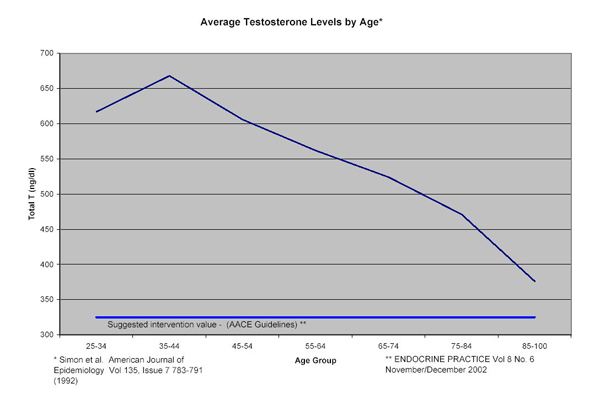
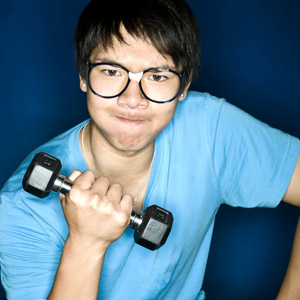

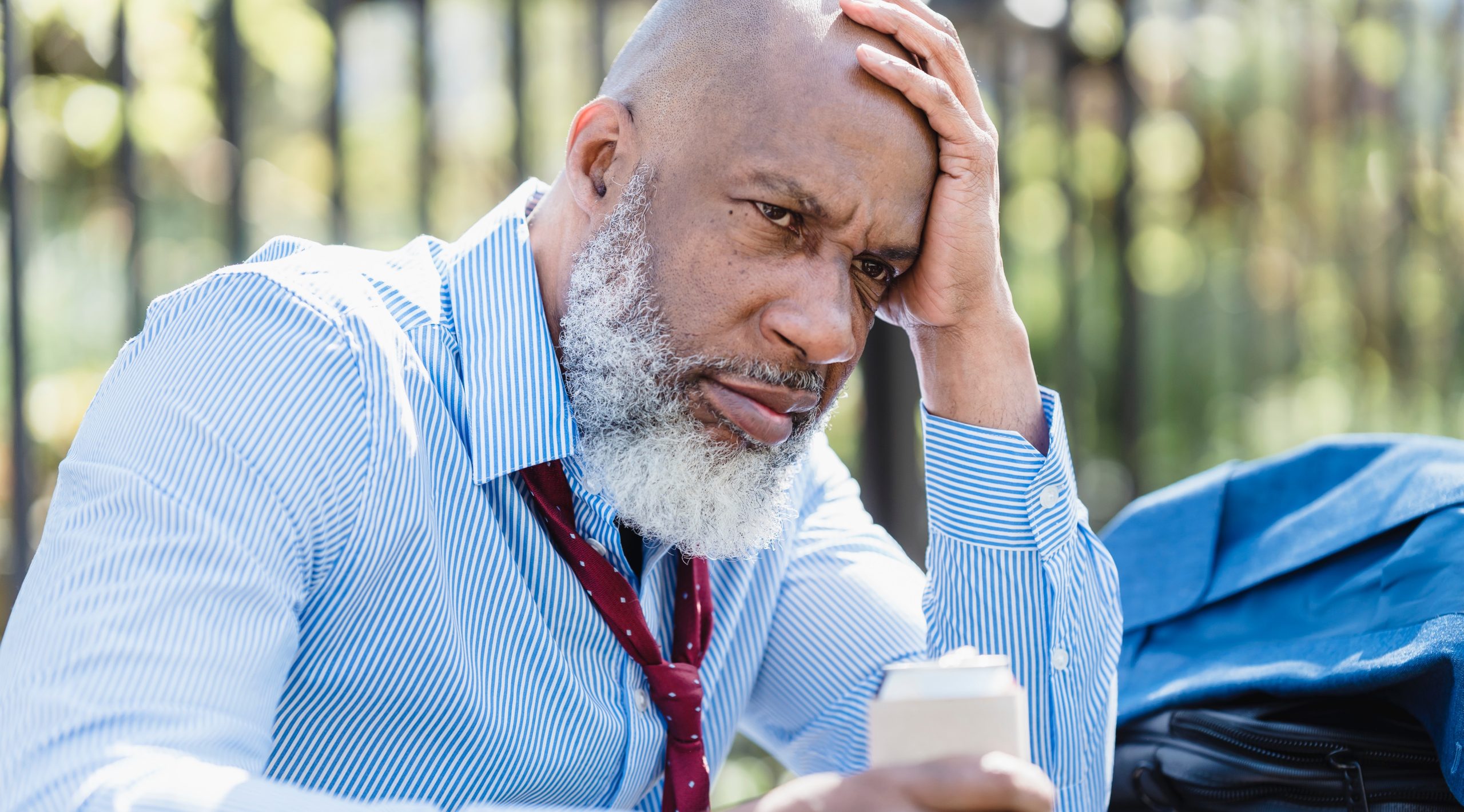
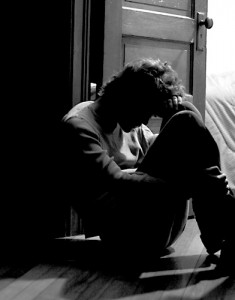
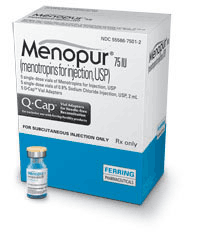
 As I posted before, I have secondary hypogonadism. Read
As I posted before, I have secondary hypogonadism. Read 